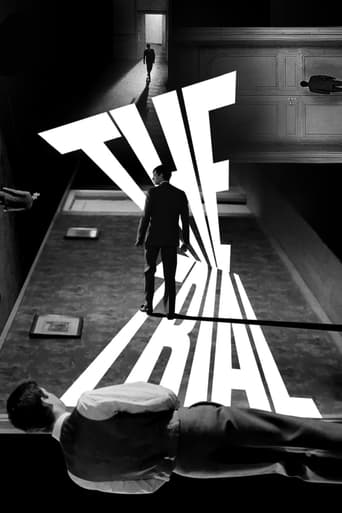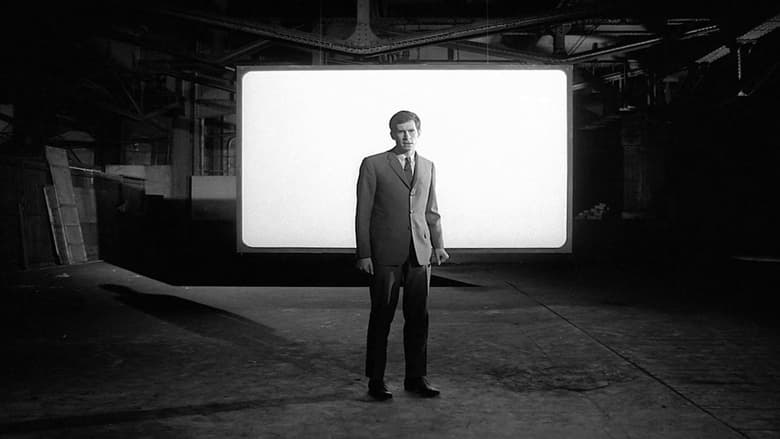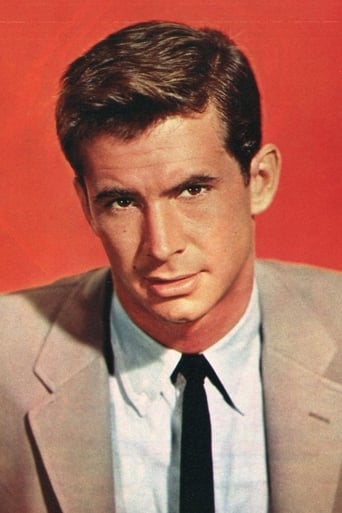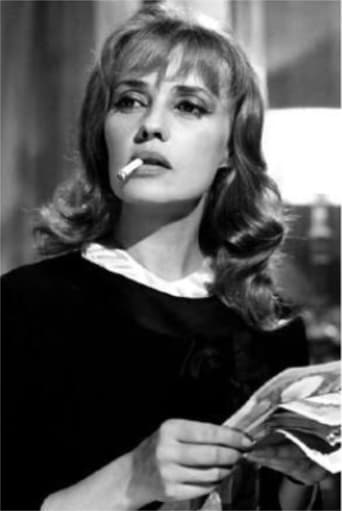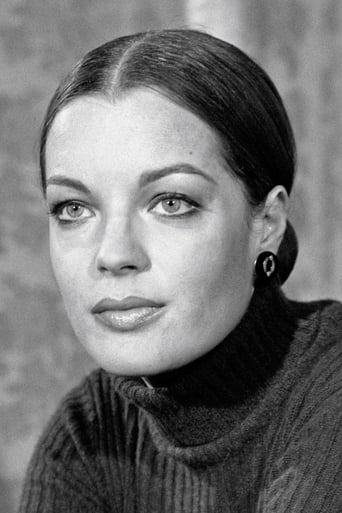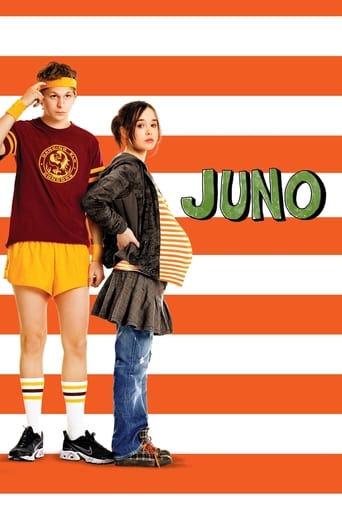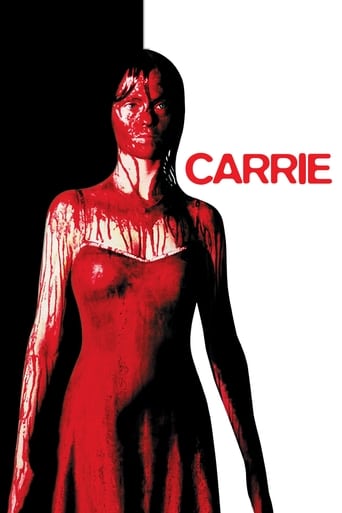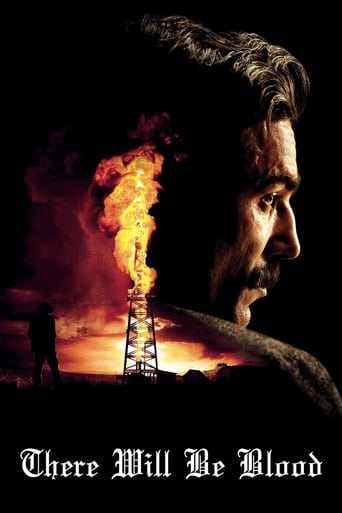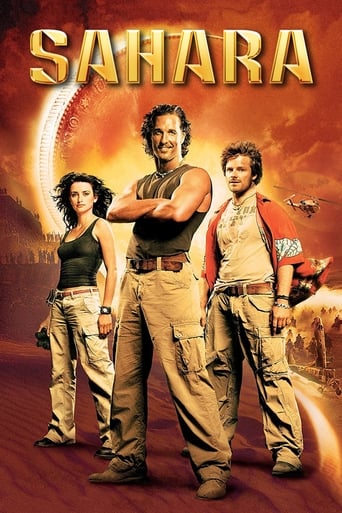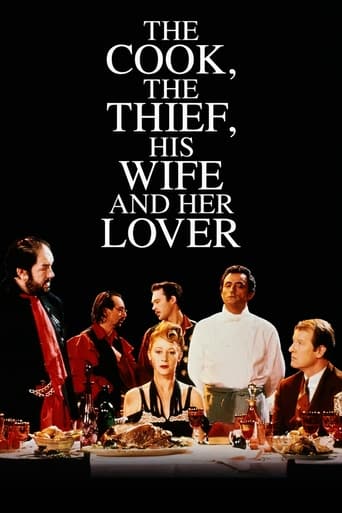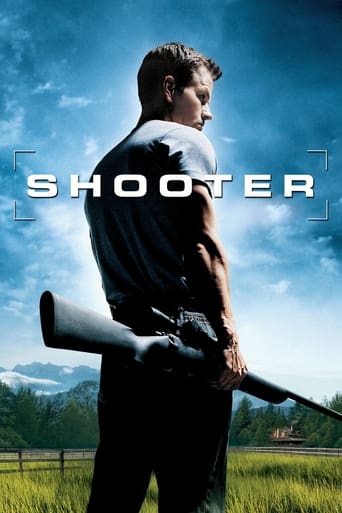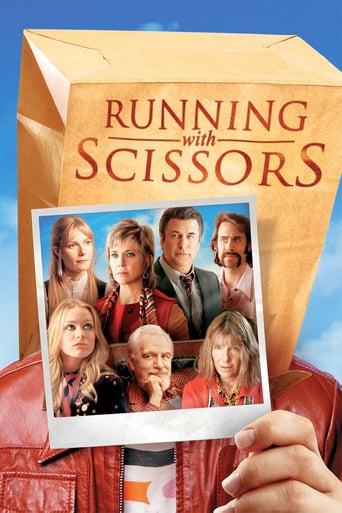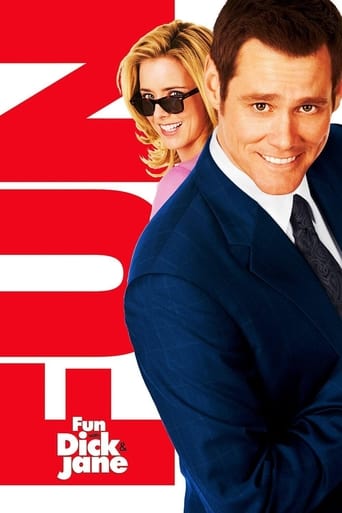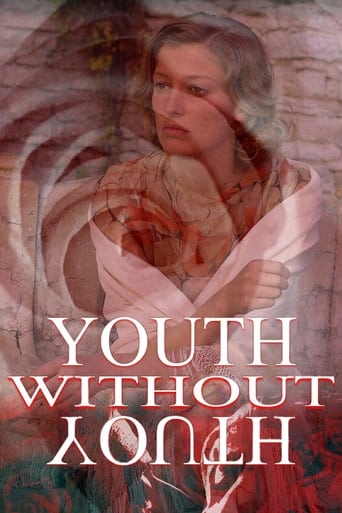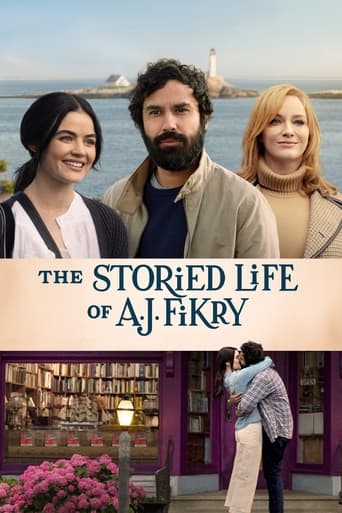The Trial (1963)
Josef K wakes up in the morning and finds the police in his room. They tell him that he is on trial but nobody tells him what he is accused of. In order to find out about the reason for this accusation and to protest his innocence, he tries to look behind the façade of the judicial system. But since this remains fruitless, there seems to be no chance for him to escape from this nightmare.
Watch Trailer
Cast


Similar titles
Reviews
Sorry, this movie sucks
Absolutely Fantastic
Yo, there's no way for me to review this film without saying, take your *insert ethnicity + "ass" here* to see this film,like now. You have to see it in order to know what you're really messing with.
By the time the dramatic fireworks start popping off, each one feels earned.
An unassuming office worker (Anthony Perkins) is arrested and stands trial, but he is never made aware of his charges.Orson Welles is generally considered one of the greats of the film world. And his commanding voice is hard to argue with! Combine with that one of the greatest books in classic literature, Kafka's "Trial", and you have a match made in heaven. We also get Anthony Perkins in possibly his finest performance, though he will always be known as Norman Bates.Someone wrote that what makes this adaptation great is that Welles treated the material as if he wrote it himself. He internalized it and then brought it back out in film form. If that is true, I do not know, but it makes sense... because this is a novel which is not easily turned to linear storytelling.
Its hard to compose a hard hitting film when so much media is out there challenging and criticising contemporary power structures. Orson Welles' film communicates the feeling of ambiguous persecution which is the product of state surveillance. He doesn't understand the reason for his trial because there is no viable reason other than the legality of it. If what we do is simply governed by laws and legal code then human moral code becomes useless; human moral code has broken down and K sees that the other accused citizens have become 'nothing more than dogs' to the system. In the same way that we are today obedient to authority and lack the ability to liberate ourselves from structures of control K conforms to the will of the authority due to a vague threat of violence."No one shall be subjected to arbitrary interference with his privacy, family, home or correspondence, nor to attacks upon his honour and reputation. Everyone has the right to the protection of the law against such interference or attacks." Universal Declaration Of Human Rights, article 12.You as a citizen of the western media empire are likely the victim of authority and systems of control. Systems that worm their way into your psyche and cause you to self regulate and become demoralised. The victims of a surveillance aesthetic mentality, many subsist under fear of the chimera of surveillance organisations and corporate-government control.Don't believe me, look a little deeper down the rabbit hole: https://wikileaks.org/"You may object that it is not a trial at all; you are quite right, for it is only a trial if I recognise it as such. But for the moment I do recognise it, on grounds of compassion, as it were. One can't regard it except with compassion, if one is to regard it at all. I do not say that your procedure is contemptible, but I should like to present that epithet to you for your private consumption." (The Trial, Kafka)
Josef K (Anthony Perkins) wakes up one morning and finds the police in his room. They question him as people from the office searches through his stuff. The proper but unhelpful police won't tell him anything about his case. Everything he says is taken out of context. Eventually there is a trial where nothing is truly explained.Director Orson Welles is putting some of his skills into bringing this Franz Kafka tale onto the big screen. It's a stripped down narrative with some very long stationary uncut scenes and some wildly unconventional visuals. The elderly neighbor Burstner tells him that he's being investigated for something very abstract. That's how the whole movie feels. It's very abstract. It's very strange. It's very artsy. The dubbing also lends a very surreal feel. It makes for a very odd viewing experience and not a particularly compelling one. Anthony Perkins shows his vast acting skills, but this is no popcorn movie. The copy I saw wasn't terribly sharp. It's definitely not for the casual movie goer.
Contains Some Spoilers! Reading Kafka's The Trial was very useful in after watching Welles's adaptation in that I was able to spot out various little changes to the plot. Most are minor but Welles manages to fit what happens in weeks in the book to over a single day in the film. I did feel as if some parts were a bit rushed but I guess Welles was trying to cut production-time and get the film in by a certain date. He also even plays the role of the Lawyer Huld, which was something I didn't realize till he confronts K in the scene in the chapel with the projection slide. If you're a fan of the book this film is very very visually striking and the acting by Perkins and Schineider is flawless. It lives up to the film in many ways but the only negative aspects were that the book captures the atmosphere better and more fluid.

